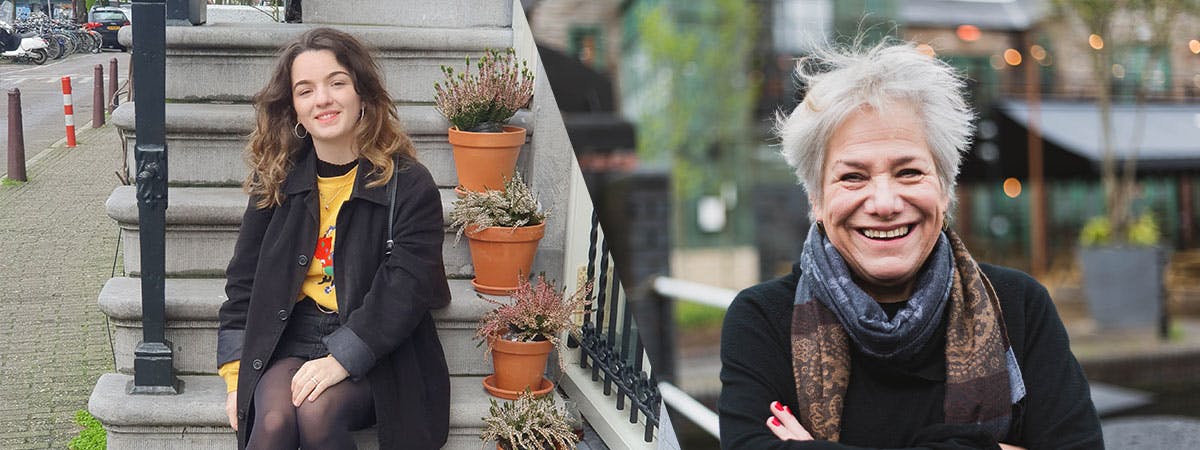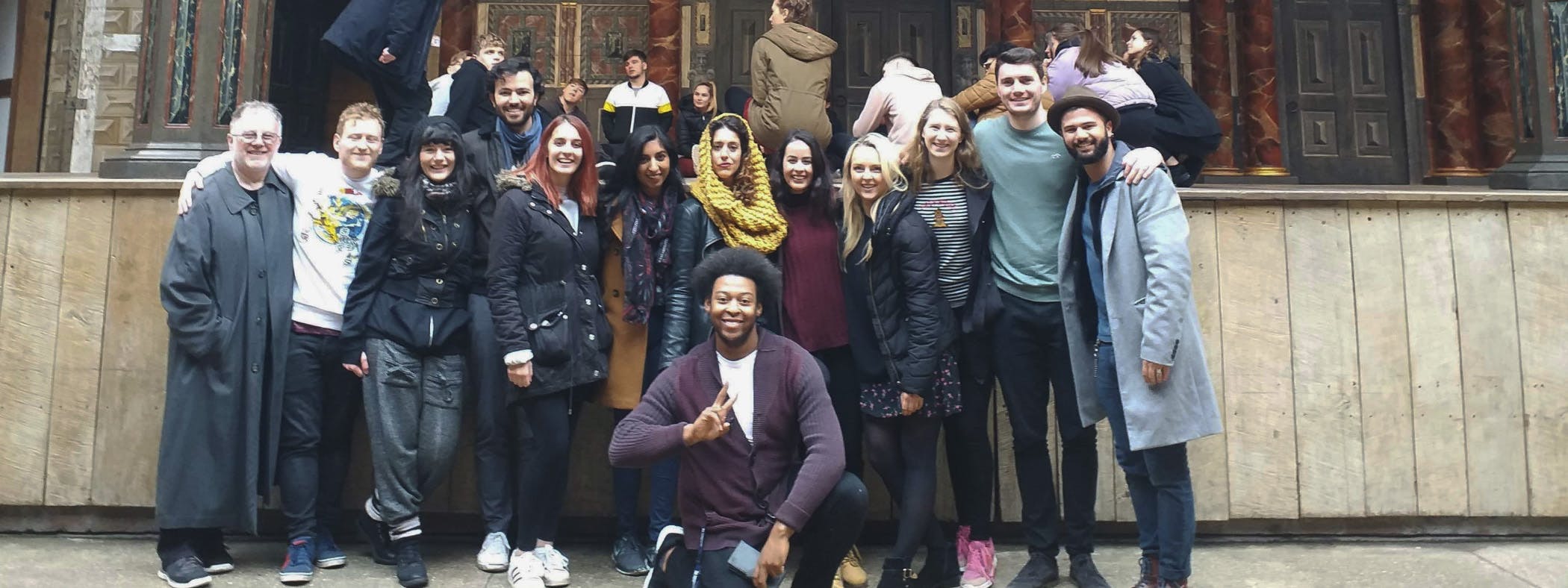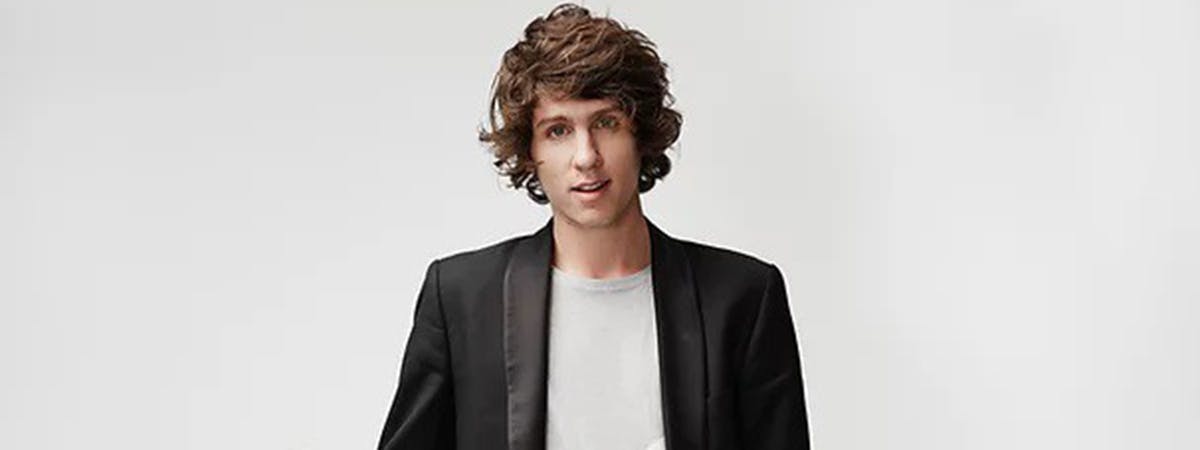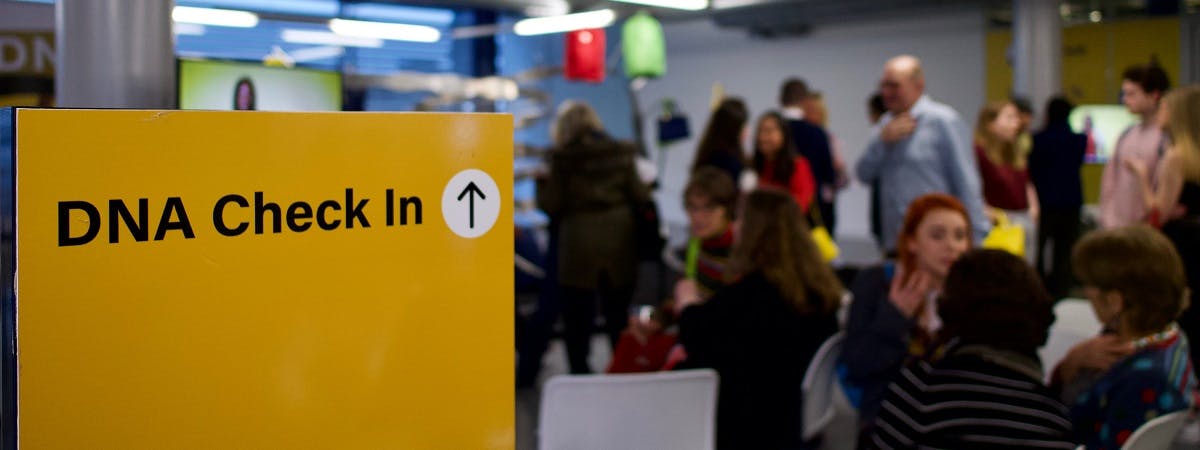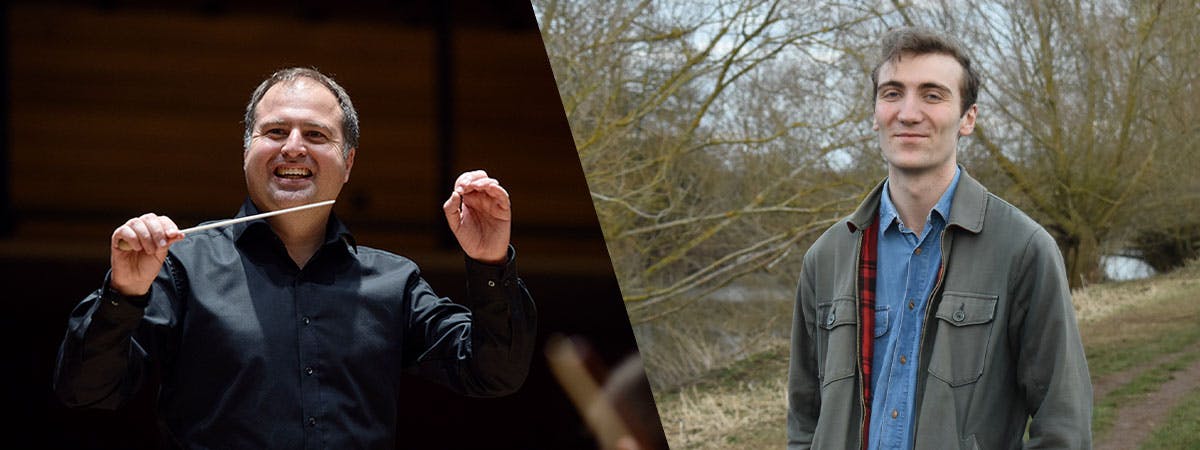Welcome to series 3 of ‘Passing the Baton’ where members of the Conservatoire community talk to each other about life in the time of Covid-19.
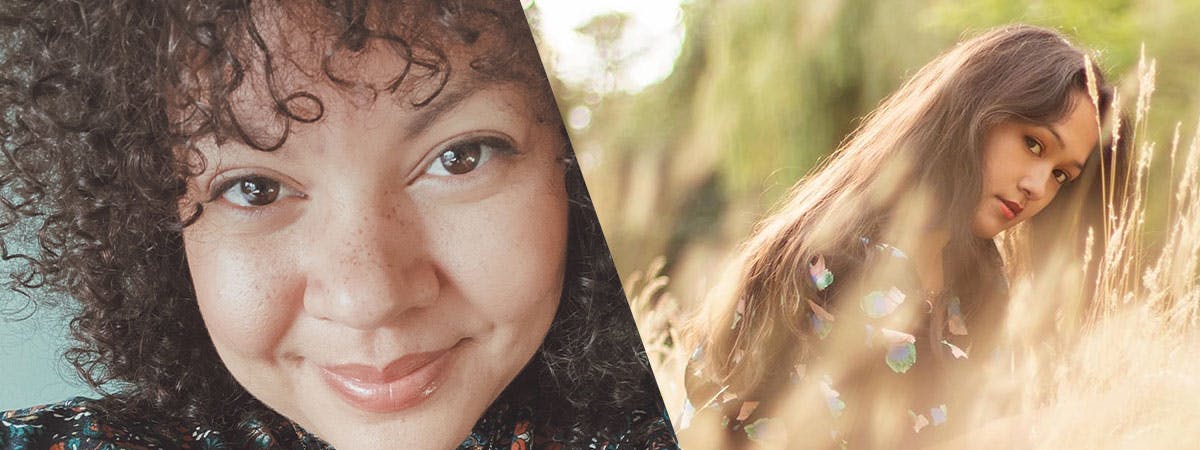
In Episode 7, RBC International Relations Manager Ruth Wootton talks to MMus Piano student and Events Assistant Ella Lee.
Ruth Wootton (RW)
Hi Ella, really nice to chat with you. How have you found studying piano performance during the pandemic? Are there any tips you can give to new conservatoire students studying music during this time?
Ella Lee (EL)
It was quite a bizarre time – at the very beginning. In the first month or so, I had so much motivation not only to practise, but to use the time for just learning more and surrounding myself with music. I remember that coming to a halt round about April time, when I fell out of love with music completely. I didn’t want to be anywhere near the piano and I didn’t really want to listen to much music either, and that lasted a couple of months. As is always the case, I eventually found my way back to it; in this instance, it was when I sat down one day in June to read through the famous Brahms Intermezzo in A major, Op.118 for the first time. It’s such a timeless, heart-on-sleeve piece and I found myself physically feeling the harmonies and melodic conversation in the middle section – a feeling I often expect to experience from more substantial works, but not from a smaller piece like this. It was quite a special feeling after the events of the previous months.
Studying music during this time is strange. As musicians, we’re, of course, used to a certain degree of solitude in the practice room. But I think the collaborative and social elements are just as important – whether that’s through lessons, chamber music or a delightfully nerdy conversation over some beers at the pub. It’s all part of the experience, so I think everyone is feeling the loss of those aspects at the moment. I guess I would say in order to keep your own practice as enjoyable as possible, dig into repertoire you genuinely love, and perhaps explore new ways of working – not only to keep you interested, but to allow yourself to keep discovering things about the music you might not have otherwise. There’s always more to be found, that’s the beauty of it. And, in lieu of things like masterclasses happening at the Conservatoire, there really is so much fantastic footage to be found online. It’s a good opportunity to make use of it.
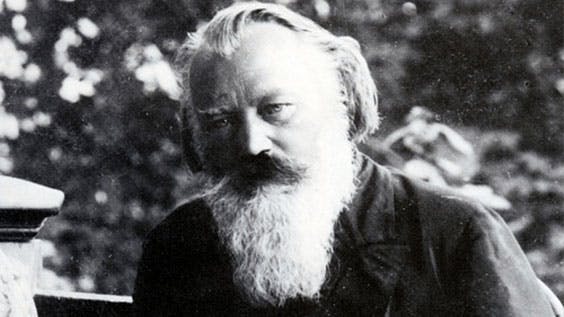
RW
That’s really good advice, thank you. Digging a little deeper, if you could speak to yourself at the start of your BMus degree, what would you say?
EL
Oh gosh, so many things, but the biggest one is definitely to stop being so preoccupied with what everyone else is doing, and focus on my own development without comparing myself to others. Everyone starts out with varying degrees of experience, from all kinds of backgrounds, and it’s fruitless, therefore, to compare the outcome at face value. I worked immensely hard during my BMus degree and made use of so many wonderful opportunities, but I know I would have gained even more from it if I’d learned that sooner. It’s completely natural as humans to compare ourselves to others, much more so as musicians, but I’ve found that as I’ve grown out of such tendencies, I’ve been able to really see what a wonderfully supportive place the Conservatoire is, especially in the piano department. Everyone can always learn something from each other, and that’s definitely something to be celebrated.
RW
That’s so true. Working here over the last seven years has made me realise what a wonderfully supportive place the Conservatoire is. Working and studying in an open and supportive environment is so important, particularly from a mental health perspective. What are some of the things you are doing to look after your mental health while studying during a pandemic?
EL
Allowing compassion for myself. I have days where I’m incredibly motivated and very productive, and days where I don’t feel like doing anything at all. I think it’s important to accept that, rather than beat myself up for not being on top of my game all the time. On days where I have no desire to practise, I’ve been trying to watch a documentary or masterclass online, or listen to recordings – things which are still beneficial to my development as a musician, but are slightly more relaxed.
I’ve also tried to make more of an effort to go out for walks in green spaces – it does wonders for my head. When in lockdown, it’s too easy to end up spending a whole day or more at home without leaving at all, even accidentally, so it’s something I’m trying to be more aware of and disciplined about. That, and not spending too much time on my phone. I’ve found myself intentionally leaving it on Do Not Disturb or in a different room much more frequently. It’s amazing how much better I feel for doing so.
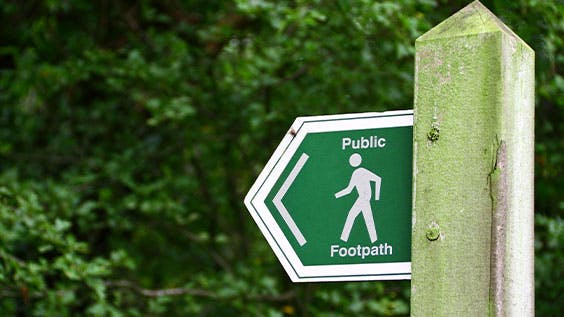
RW
I love that, allowing compassion for yourself and pacing yourself are important parts of thriving as an individual, surprisingly, but also in your studies and beyond. After you complete your MMus in Piano Performance what to you hope to do?
EL
I’ve got some projects I’m loosely planning at the moment, which I’m really excited to get stuck into once I’m done with my studies. Between that and full time work, I don’t have the time to start just yet. One is a podcast, and the other is a small chamber festival. I’m very open to where life takes me after this year, but I know I’d like to work away at these projects alongside whatever else I’m doing. I know they’ll be incredibly fulfilling.
RW
I read in your biography that you’d like to pursue a career in artistic programming at some point in future. What draws you to this line of work?
EL
I absolutely love music, but I also love the behind-the-scenes process that goes into the eventual delivery of concerts and festivals. I love the planning and organisation, the networking, the business side of things. But neither one nor the other is enough for me on its own. I never had any desire to be a performer, for example, nor a piano teacher, but I also couldn’t imagine a life for myself that didn’t allow me to exercise my creativity and musicianship. Artistic programming serves as a perfect hybrid of both, and it’s a career path I have a good feeling about.
RW
That sounds really exciting. Best of luck with that ambition. If for a second, we can look at this whole chapter in a relatively positive light, what good do you believe has/will come out of it?
EL
I’m probably throwing out the same clichés as everyone else, but they’re absolutely true: lots of people have definitely made use of the time (intentionally or not) to reflect on what they really want from life and have learned so much about themselves in the process. Despite the awful circumstances, it’s brought me so much joy to see people I love forging new professional ventures they are genuinely passionate about. For example, that they might not have felt they had the ‘justification’ to do previously, or having the courage to make difficult personal decisions in order to grow. More importantly, I think people will not be so quick to take anything for granted anymore. This year has taught us that everything really can change at the drop of a hat, and what we once considered to be the mundane attributes of everyday life now feel like a luxury. These are difficult times in different ways for different people, and I do feel that amongst many, a greater sense of compassion and gratitude has been born from that.
Next: In the final episode of this series, Ella closes the circle by talking to Episode 1 interviewer, BCU Senior External Relations Officer and Visiting Tutor in Music Industries Lyle Bignon.
